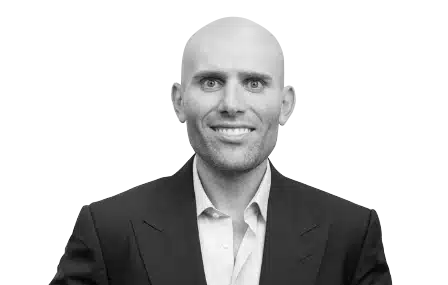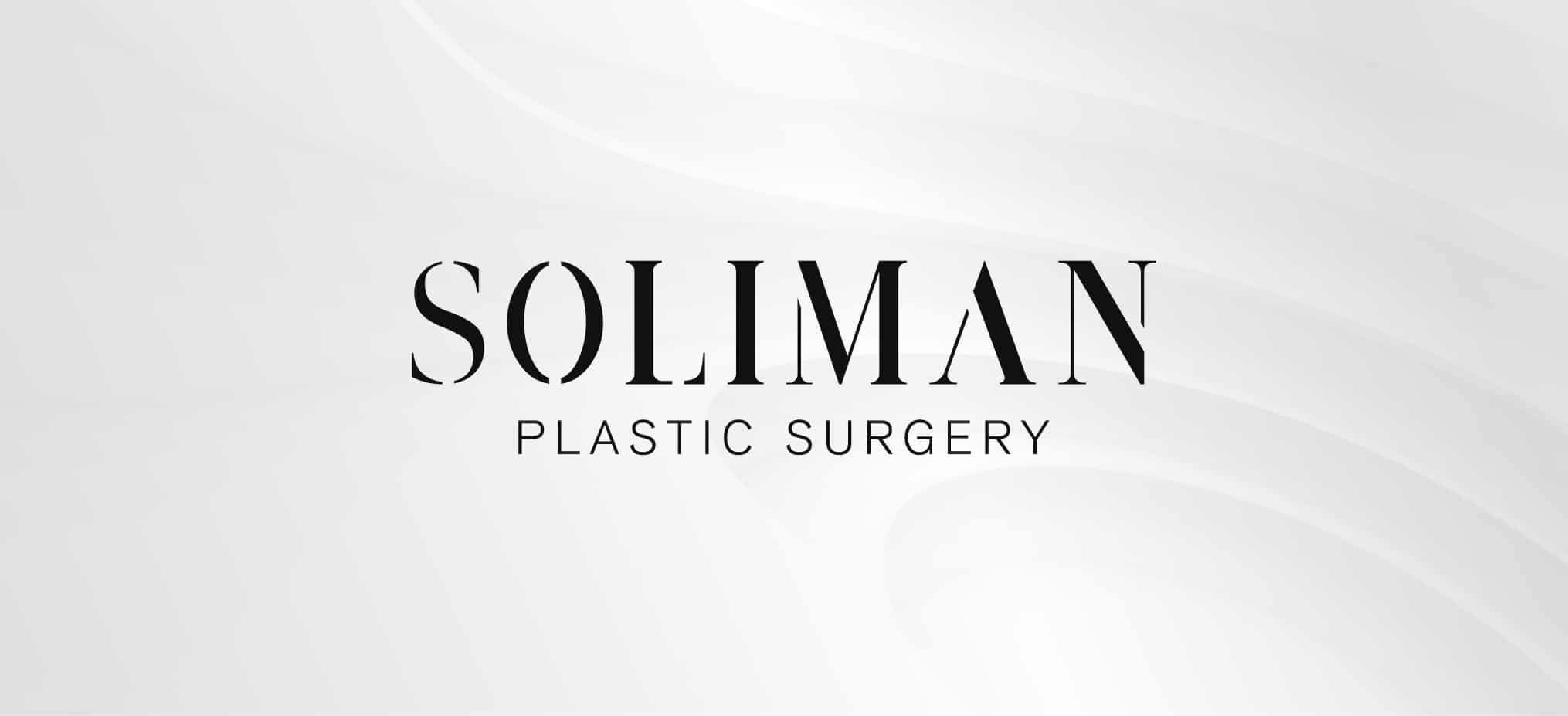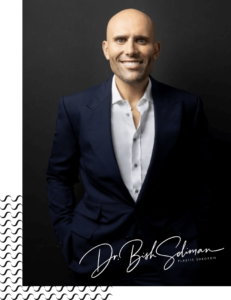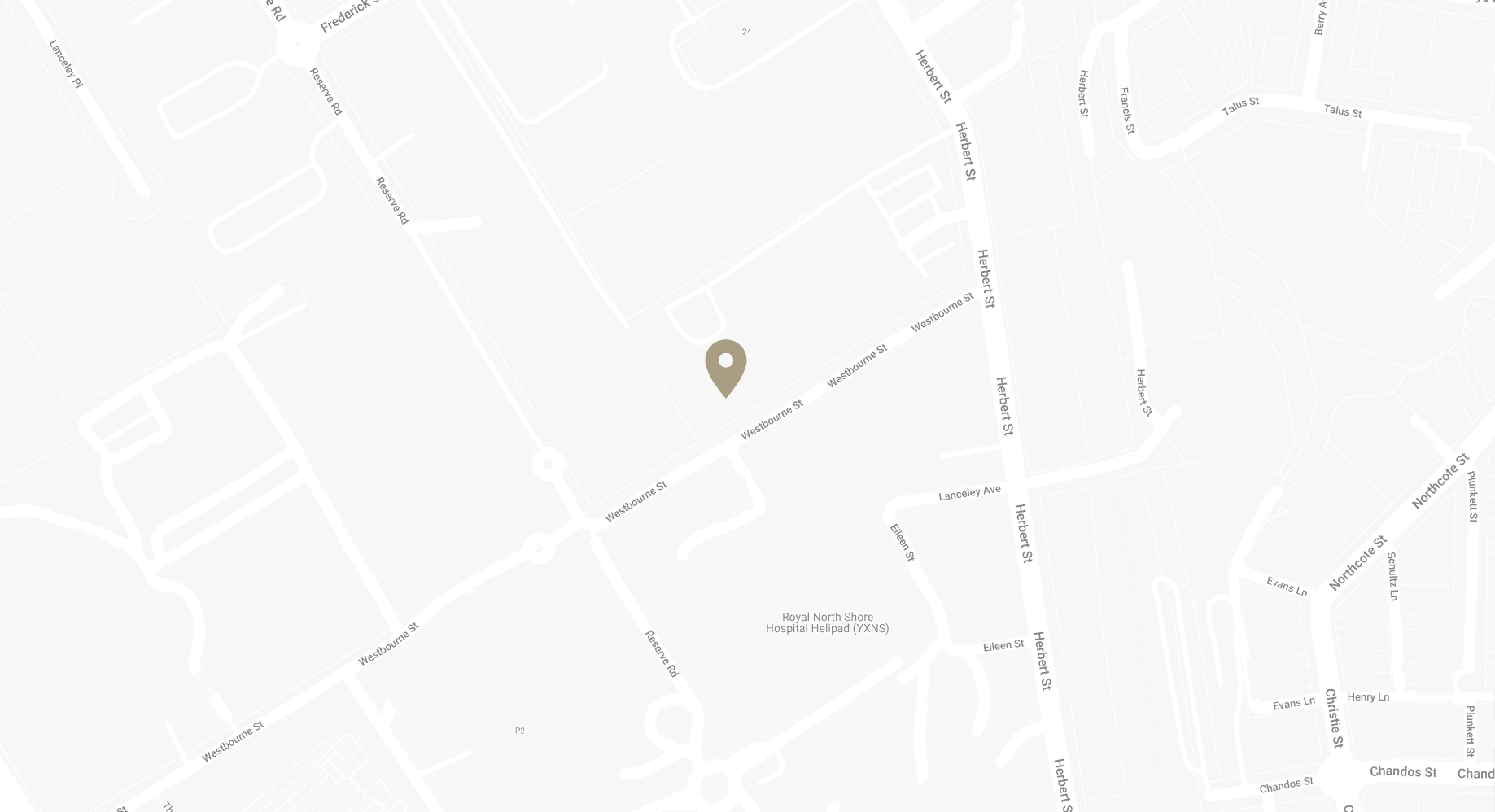DIEP Breast Reconstruction Surgery
Breast reconstruction surgery using the Deep Inferior Epigastric Perforator (DIEP) flap is a surgical procedure that aims to rebuild the breast mound after mastectomy. Unlike other forms of breast reconstruction, the DIEP flap technique utilises the patient’s own abdominal tissue to create a new breast. This results in a more natural look and feel compared to breast implants. The DIEP flap surgery involves carefully harvesting skin, fat and blood vessels from the lower abdomen, while preserving the abdominal muscles. The blood vessels from the abdominal tissue are then reattached to blood vessels in the chest area to ensure proper blood flow to the reconstructed breast. The procedure requires meticulous planning and surgical expertise. In this blog we will discuss recovery after breast reconstruction surgery.
Dr Bish Soliman is a Sydney Specialist Plastic Surgeon regularly performing breast reconstruction using DIEP flap and other breast procedures.
Download Dr Bish Soliman Cosmetic Breast Surgery Guide
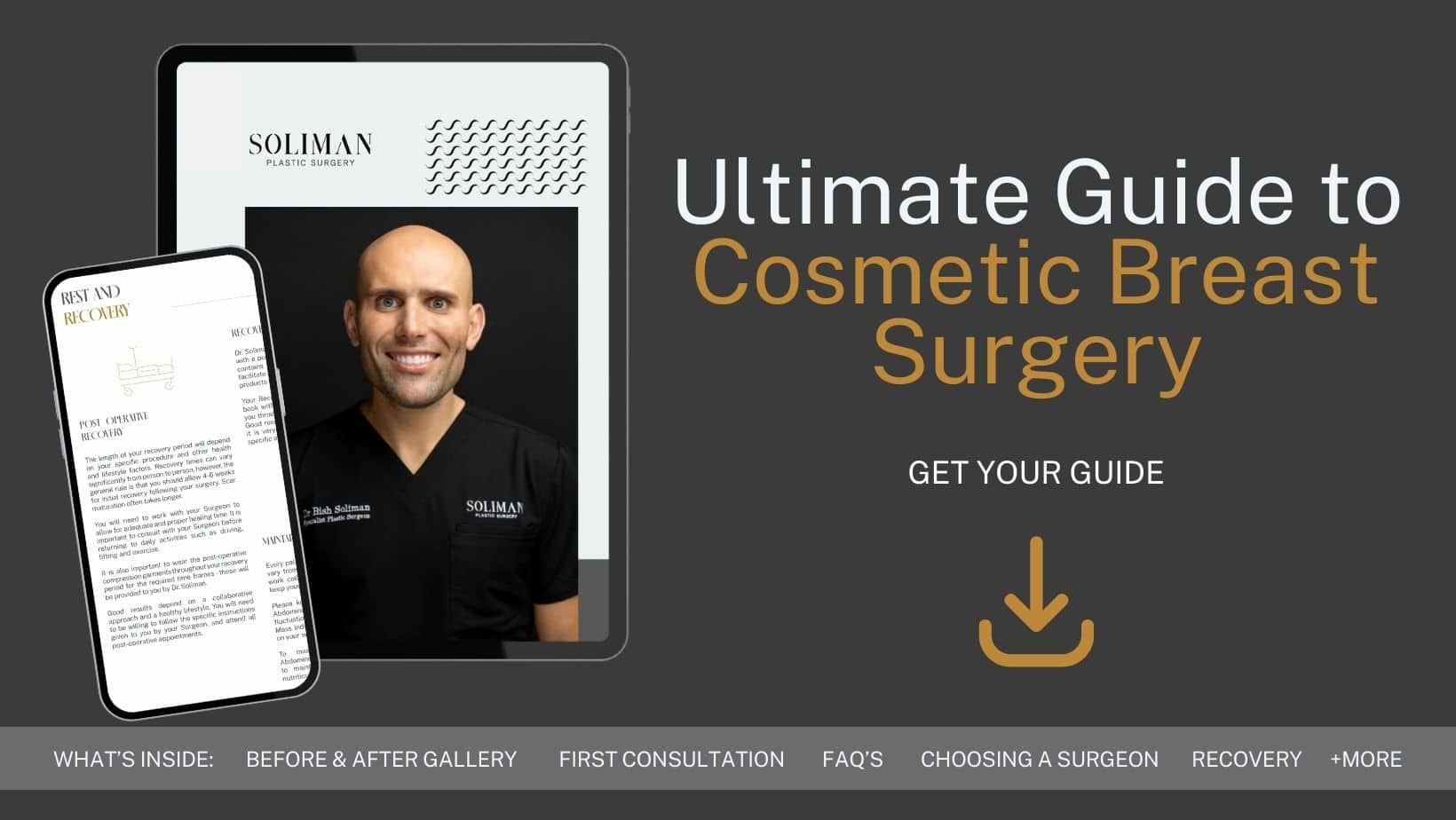
What to Expect on the Day of Surgery
On the day of your DIEP breast reconstruction surgery, you will be admitted to the hospital. The surgical team will review your medical history and an anaesthesiologist will explain the anaesthesia process and answer any questions you may have.
Dr Soliman will review you in the anaesthetic bay and mark your breasts and abdomen.
Once in the operating room, you will receive anaesthesia to ensure a pain-free experience. The surgery itself can take 4-5 hours for a unilateral DIEP and 6-8 hours for a bilateral DIEP.
After surgery you will spend some time in the recovery room before being transferred to either the ward or the Intensive Care Unit (ICU). You will be monitored very closely in the first few days with your own dedicated nurse. This allows your breast flap to be checked hourly as it’s important to ensure good blood supply to the flap. If there is any concern, then you will be returned to the operating theatre immediately.
The Initial Days after DIEP Breast Reconstruction Surgery
After your DIEP breast reconstruction surgery, you can expect to stay in the hospital for a week to ensure proper monitoring and postoperative care. Dr Soliman and the medical team will closely monitor your flap, vital signs, administer pain medication as needed, and provide instructions for your recovery.
For the first two days following surgery, you will be kept warm with a heating blanket to support blood supply to the breast flap. You will also be asked to keep your arm movements to a minimum. This allows the newly joined blood vessels to heal.
You will have drain tubes inserted to remove excess fluid from the surgical site; one on either side of your abdominal suture line and two draining each breast. These remain in place until they have less than 20mls of drainage in a 24-hour period prior to being removed.
Pain and Discomfort after DIEP Breast Reconstruction
It is common to experience some pain and discomfort after DIEP breast reconstruction surgery. The anaesthetist will prescribe you a PCA (pain button) to use for the first 48 hours then convert you to appropriate oral pain medication to help manage any discomfort. Take the medications as directed and report any severe or persistent pain to your medical team. Aperients that allow you to open your bowel will also be prescribed as the pain medication can cause constipation.
Drain Care and Wound Management
Proper care of the surgical drains is essential during the initial days of your recovery. The nursing staff will empty and measure the drainage output, as well as keep the drains clean and secure. Your drains will usually be removed prior to going home at a week.
Your surgical incisions will be covered with dressings and bandages. It’s essential to keep the incision sites clean and dry to reduce the risk of infection. Your medical team will guide you on how to change dressings and may provide specific wound care instructions tailored to your situation.
Diet and Hydration after Breast Reconstruction
Nutrition plays an important role in the healing process after surgery. Make sure to maintain a healthy diet rich in fruits, vegetables, lean proteins, and whole grains. Adequate protein intake is especially important for wound healing and tissue repair.
Staying hydrated is crucial during your recovery. Drink plenty of water throughout the day to support your body’s healing mechanisms. Avoid excessive caffeine and alcohol consumption as they can dehydrate the body.
Exercise after Breast Reconstruction Surgery
While it’s important to get plenty of rest during the initial days after surgery, light activities and movement can aid in the recovery process. Walking short distances and performing gentle arm and shoulder exercises can help prevent stiffness and promote blood circulation. However, avoid any strenuous activities or lifting heavy objects until Dr Soliman advises it is safe to do so.
Scar Management after DIEP Breast Reconstruction Surgery
Proper care of your incisions is essential to promote optimal healing and minimise the appearance of scars. This may involve gently washing the incision sites with mild soap and water, patting them dry, and applying any prescribed ointments or creams.
To support scar healing, it’s important to protect your incisions from excessive sunlight exposure. Use sunscreen with a high SPF (50+) and cover the incision areas with clothing or scarves when spending time outdoors. Massaging the incisions with gentle, circular motions, once approved by Dr Soliman, can also help improve scar texture and flexibility.
Swelling and Bruising after Breast Reconstruction
Swelling and bruising are common after breast reconstruction surgery and can last for several weeks. To reduce swelling, elevate your upper body with pillows while resting or sleeping.
Bruising will gradually fade over time, but it’s important to avoid any activities or medications that may increase the risk of bleeding or prolong bruising. Follow Dr Soliman’s instructions regarding the use of pain medications and any restrictions on certain foods or supplements that may thin the blood.
Regaining Arm and Shoulder Mobility
Breast reconstruction surgery may temporarily affect your arm and shoulder mobility. To regain range of motion and prevent stiffness, Dr Soliman or physical therapist may recommend specific exercises and stretches. Perform these exercises as instructed, gradually increasing the intensity and duration over time.
Be patient with the recovery process, as it can take several weeks or months to regain full mobility. Avoid any sudden or excessive movements that could strain the healing tissues. If you experience persistent or worsening pain or difficulty in moving your arms or shoulders, notify your medical team.
Fatigue and Energy Levels
Fatigue is common during the recovery period after breast reconstruction surgery. Your body is healing, and it requires adequate rest and recovery. Listen to your body and prioritise sleep and rest. Take short naps throughout the day if needed, and ensure you’re getting enough sleep at night.
Maintaining a balanced diet, staying hydrated, and gradually increasing your activity levels can help manage fatigue. However, don’t push yourself too hard. It’s essential to strike a balance between gentle activity and sufficient rest to support your body’s healing process.
Compression Bras after Breast Reconstruction
Dr Soliman may recommend wearing compression garments or surgical bras after breast reconstruction surgery. These garments provide support to the surgical areas, minimise swelling, and help with proper shaping of the reconstructed breast. Make sure they fit properly and are comfortable. It’s important to wear them consistently as advised to optimise the healing process and achieve desired results.
Long-Term Recovery after Breast Reconstruction Surgery
After your initial recovery period, it’s important to maintain regular follow-up appointments with Dr Soliman. These appointments allow Dr Soliman to monitor your healing progress, assess the results of the breast reconstruction, and address any concerns or questions you may have.
Breast Reconstruction Results and Expectations
Breast reconstruction results can vary depending on individual factors and the surgical technique used. It’s important to have realistic expectations and understand that the reconstructed breast may not be identical to your natural breast. However, the goal of breast reconstruction is to restore symmetry, shape, and size to the best extent possible.
Dr Soliman will discuss the expected outcomes of your specific procedure during follow-up appointments. He will address any concerns you may have regarding the appearance, feel, or functionality of the reconstructed breast. Remember that the final results of breast reconstruction may take several months to fully manifest.
Nipple and Areola Reconstruction
Nipple and areola reconstruction can be an important part of the breast reconstruction process. This additional procedure aims to restore a natural-looking nipple and areola complex to the reconstructed breast.
Dr Soliman will guide you through the options and timing of nipple and areola reconstruction. He may discuss techniques such as tattooing, skin grafting, or tissue rearrangement. The decision to undergo nipple and areola reconstruction is personal and depends on your preferences and overall satisfaction with the reconstructed breast.
Breast Symmetry and Revision Surgeries
Achieving breast symmetry is an essential aspect of breast reconstruction. Dr Soliman will evaluate the symmetry of the reconstructed breast compared to your natural breast and discuss any potential revision surgeries or adjustments that may be necessary.
Revision surgeries may involve modifying the reconstructed breast to enhance symmetry, shape, or size. These procedures are usually performed once the initial healing has occurred, and the breast tissues have settled.
Maintaining Overall Breast Health
Breast reconstruction does not eliminate the need for regular breast health monitoring. It’s essential to continue performing self-breast examinations and to schedule routine mammograms or other imaging tests as recommended by your healthcare provider.
FAQs about Breast Reconstruction Surgery
How long does the recovery process usually take after DIEP breast reconstruction surgery?
- The recovery timeline can vary depending on individual factors, but most patients can expect to spend several weeks to a few months in the recovery phase. It’s important to follow Dr Soliman’s postoperative instructions and attend regular follow-up appointments to ensure proper healing.
Will I experience pain and discomfort during the recovery period?
- It is normal to experience some pain and discomfort after breast reconstruction surgery. Dr Soliman will prescribe appropriate pain medications to manage the discomfort. Following proper postoperative care instructions, using cold compresses, and taking rest can help alleviate pain and promote healing.
When can I resume my normal daily activities and exercise routine after DIEP breast reconstruction surgery?
- The timing for resuming daily activities and exercise will depend on your individual healing progress and Dr Soliman’s guidance. Light activities can be resumed within a few weeks, while more strenuous exercises may need to be avoided for a longer period. Dr Soliman will provide specific recommendations based on your recovery progress.
Will I need additional surgeries or procedures after the initial breast reconstruction?
- Additional surgeries or procedures may be required to achieve desired results or address any asymmetry or revision needs. These revision surgeries are usually performed once the initial healing has taken place. Dr Soliman will discuss the possibility of further procedures during your follow-up appointments and determine the best course of action for your specific case.
Further Reading about Breast Procedures with Dr Soliman
- Read Dr Soliman’s Breast Lift (Mastopexy) Surgery Page
- Read Dr Soliman’s Breast Reduction Surgery Page
- Read Dr Soliman’s Breast Implant Removal Surgery Page
- Read Dr Soliman’s Breast Augmentation Surgery Page
- Read Dr Soliman’s Breast Reconstruction DIEP Surgery Page
- Read more about FAQ’s about DIEP Breast Reconstruction Surgery
Medical References about Recovery after Breast Reconstruction
- Breast Reconstruction Recovery – American Society of Plastic Surgeons
- Breast Reconstruction – Cleveland Clinic
- Breast Reconstruction Surgery After Mastectomy – WebMD
- Post-Operative Recovery After Breast Reconstruction – Cancer Australia
